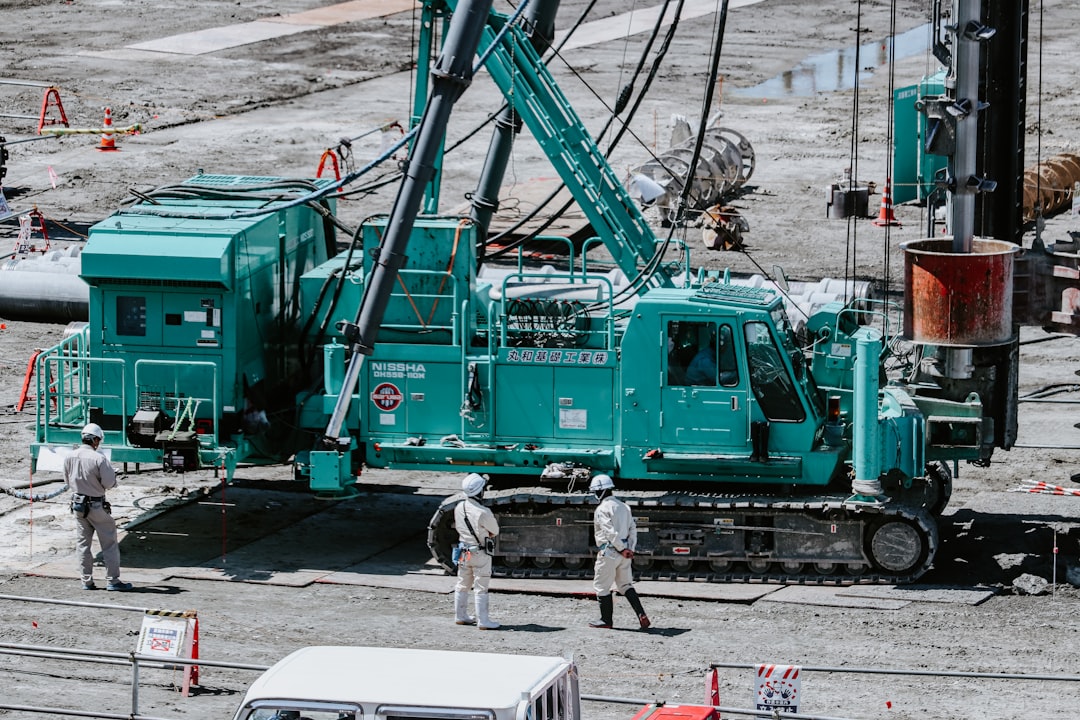CountBricks: Generator Minneapolis Install Cost Guide
Construction Cost Overview – Minneapolis
Price source: Costs shown are derived from our proprietary U.S. construction cost database (updated continuously from contractor/bid/pricing inputs and normalization rules).
Eva Steinmetzer-Shaw
Head of Marketing
Comprehensive Guide to Residential Generator Installation in Minneapolis
Minneapolis winters demand reliable backup power solutions. A standby generator is essential for maintaining safety and comfort during power outages. This guide provides construction professionals with detailed insights into selecting, budgeting, and installing generators, focusing on professional needs and compliance with local codes.
Why Backup Power is Essential for Minneapolis Homes
- Frequent outages during snowstorms and high winds
- Sub-zero temperatures pose safety risks without heat
- Continuous power needed for smart homes and remote work
- Essential for sump pumps and radon fans
Standby generators automatically power essential circuits during outages, ensuring safety and convenience.
Sizing a Reliable Generator for Minneapolis Homes
- Identify critical loads: furnace, well pump, fridge, medical devices, Wi-Fi, and lighting circuits
- Calculate total running wattage and add 20% for startup surges
- Select appropriate unit size: 9 kW, 14 kW, 22 kW, or larger
- Choose a fuel source: natural gas or propane
Use our sizing calculator for precise estimates.
Generator Installation Cost Breakdown
Typical costs range from $7,800 for an 11 kW unit to $12,800 for 24 kW. Here's a detailed breakdown:
- Equipment (generator + automatic transfer switch): 55%
- Electrical labor and materials: 20%
- Gas plumbing and permits: 10%
- Concrete pad, trenching, and carpentry repairs: 8%
- Inspection fees, commissioning, and warranty: 7%
Use our voice-driven estimate tool for a personalized breakdown.
Streamlining Your Project with CountBricks
CountBricks integrates real-time material pricing with AI-powered takeoffs. Our platform calculates requirements and generates professional proposals, ensuring efficient project management.
Permitting and Code Compliance
Minneapolis enforces the National Electrical Code (NEC) with city amendments. Our templates include:
- Service disconnect labeling
- Clearance diagrams for side-yard placement
- Combustion air calculations
- Load-calculation worksheets
We address winter installation considerations like frost-depth trenching.
Installation Timeline
- Same-day voice estimate
- Permit application: 2-4 business days
- Site prep and pad pour: 1 day
- Generator set and rough-in: 1 day
- Gas hookup, electrical tie-in, and inspection: 1-2 days
- Commissioning and orientation: 2 hours
Our Gantt charts adjust for weather impacts.
Professional Tips for Installation
- Schedule before November to avoid frozen trenching premiums
- Opt for Wi-Fi-enabled transfer switches
- Verify gas meter capacity
- Choose cold-weather kits rated to -40°F
- Include gutter-heat cable circuits in backup panel
Why Choose CountBricks?
CountBricks offers local cost intelligence, AI-powered takeoffs, and seamless voice interaction, reducing estimating time by 70% and preventing budget overruns.
Next Steps
Visit CountBricks.com to schedule a consultation. Upload your floor plan and receive a detailed proposal the same day.
Case Study: South Minneapolis Craftsman, 1908
The Peterson family faced a power outage that froze water lines. CountBricks provided a rapid solution with a 14 kW natural-gas system.
How CountBricks Delivered
- Voice Estimate: Completed in 6 minutes
- AI Blueprint Takeoff: Calculated trenching and pad requirements
- Real-time Pricing Lock: Saved $186 on materials
- Permit Packet Generation: Submitted same day
Results
- Total project cost: $10,950
- Installation duration: 3 days
- No inspection corrections
- Increased home resale value by $18,000
Field Tips
- Specify generators with less than 5% total harmonic distortion
- Include load-shedding modules for future expansion
- Add cold-weather battery warmers
Ready to Power Up?
Request a demo at CountBricks.com and experience our interactive tools for efficient project management.

